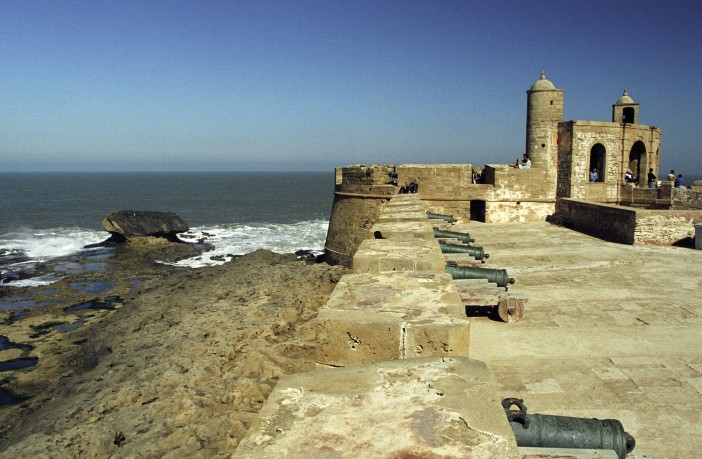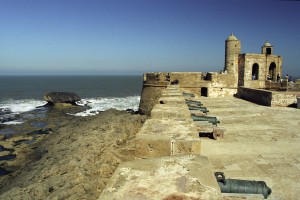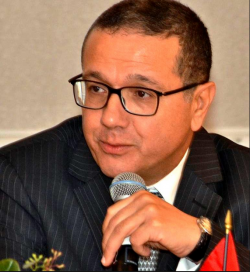Financial Time
By Siona Jenkins
Good news is a rare commodity in the Arab world these days. Violence is raging across Syria and Iraq, Egypt has retrenched into authoritarianism and Libya is in chaos. Even Tunisia, which is managing its transition to democracy with aplomb, is facing huge economic challenges.
But in the far west corner of North Africa, Morocco has so far been spared much of the pain of the last four years.
“Morocco is a bright spot in the region,” said Mohamed Boussaid, the minister of finance, during a visit to London last week. “For us, the Arab spring was just a breeze.”
Heavy spending on subsidies helped the country withstand this ‘breeze’ as it blew in from the east when long-standing regimes were toppled in 2011, but left the state with a hefty fiscal deficit that reached 7.4 per cent of GDP by 2012. This was reduced by the following year to 5.5 per cent of GDP and remains on target for further reduction this year, as Rabat slashes subsidies and reforms its economy.
The country’s economic and political stability – rare commodities in the region – have already brought returns. Tourists numbers were up by 7 per cent in 2013 as many Europeans, scared off by the unrest in Egypt and Tunisia, travelled instead to Morocco.
Investment in the automobile sector has grown, with car exports increasing 70 per cent year-on-year in 2013. Earlier this year, the government sold a €1bn Eurobond – its first euro-denominated bond in four years. The oil importer is also benefitting from the low oil price.
Many analysts predict Morocco will be North Africa’s best performing economy in coming years. Although growth slowed slightly this year because of low agricultural yields and weak growth in Europe – Morocco’s main export market — the International Monetary Fund (IMF) estimates GDP will grow at around 4.7 per cent in 2015.
“Morocco is an exceptional case in this region and investors are confident in its political and economic stability,” said Boussaid. He credits the success to reforms begun more than a decade ago, including investment in major infrastructure projects and programmes for industry and renewables, particularly solar energy.
Rabat is also looking south to the fast growing economies of sub-Saharan Africa. Trade has increased to an average of around $1bn per year and Moroccan investment outflows to Africa have jumped by more than 40 per cent over the past decade.
Morocco’s private sector has already established itself in west and central Africa. Maroc Telecom has become the dominant telecoms provider in francophone Africa, with over 30m subscribers. The banking sector is also expanding South. Banque Marocaine du Commerce exterior (BMCE) through its Bank of Africa Group is present in 17 African countries.
Now the state is getting in on the act. “Our vision is to develop south-south cooperation with a new model,” said Boussaid. “We are not there just for business; it’s how to satisfy (African countries’) needs in a partnership approach, not an aid approach.”
Central to this south-south pivot is an ambitious plan for Morocco to become a platform for production and export to African countries through Casablanca Finance City (CFC), a new regional finance hub.
So far some 60 companies have CFC “status”, giving them lower income tax, simplified immigration procedures and a package of other incentives. Those taking advantage of the special status include multinational banks, such as BNP, and insurance companies, including AIG. There are also professional services, private equity, asset management and law firms.
A boost was given to the zone when the African development bank (AfDB) this year chose CFC from ten other potential locations to be the headquarters for its new $3bn Africa50 Fund that will finance infrastructure on the continent.
By next year Boussaid hopes to that 100 companies will be based at CFC.
“Morocco has a very strategic position in Africa but until now we didn’t explore all the potential of this position,” said Boussaid. “Africa is the new and the future growth pole of the world, but for development you need finance. CFC wants to be this region’s hub to attract money from the world and to funnel it to these countries.”









